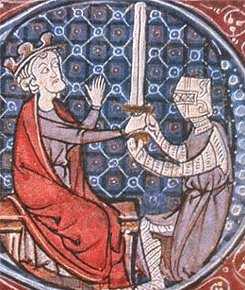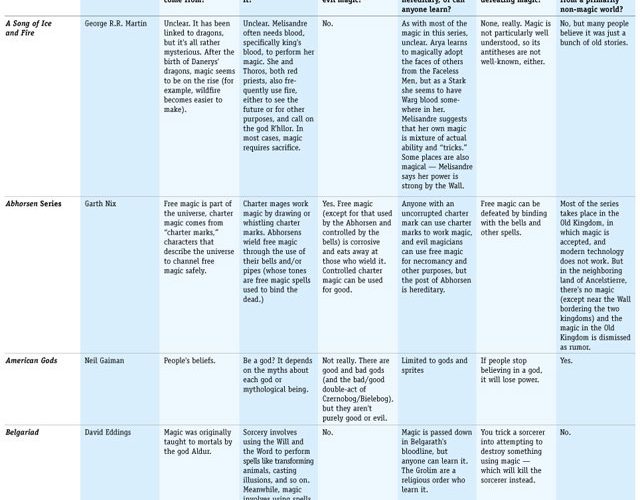I’m going to be giving a talk on world-building! A free Shop Talk, sponsored by Coffee House Writer’s Group.
Friday, Aug 9, 6 PM to 8 PM,
Cafe con Libros
280 Second St.
Pomona, CA 91766
Ahem:
All the best books have worlds we can fall into, settings that put us right in the there with the characters. Setting influences everything that happens, everything the characters do, and it helps the reader experience their journey. But how we do we create a captivating world? How do we build the believability and majesty into our works in a way that makes it come alive?
The simplest answer is word by word, but we’ll cover it in greater detail.
Building a world for your story is crucial, and this workshop will help you hone your skills. We’ll cover:
•The prep-work of knowing your world
•How to present your world in a way that avoids information dumps
•Using the five senses plus motion and space
•Understanding, embracing, and respecting cultural boundaries
•The different requirements for world building in science fiction, fantasy, mystery, suspense, etc.



